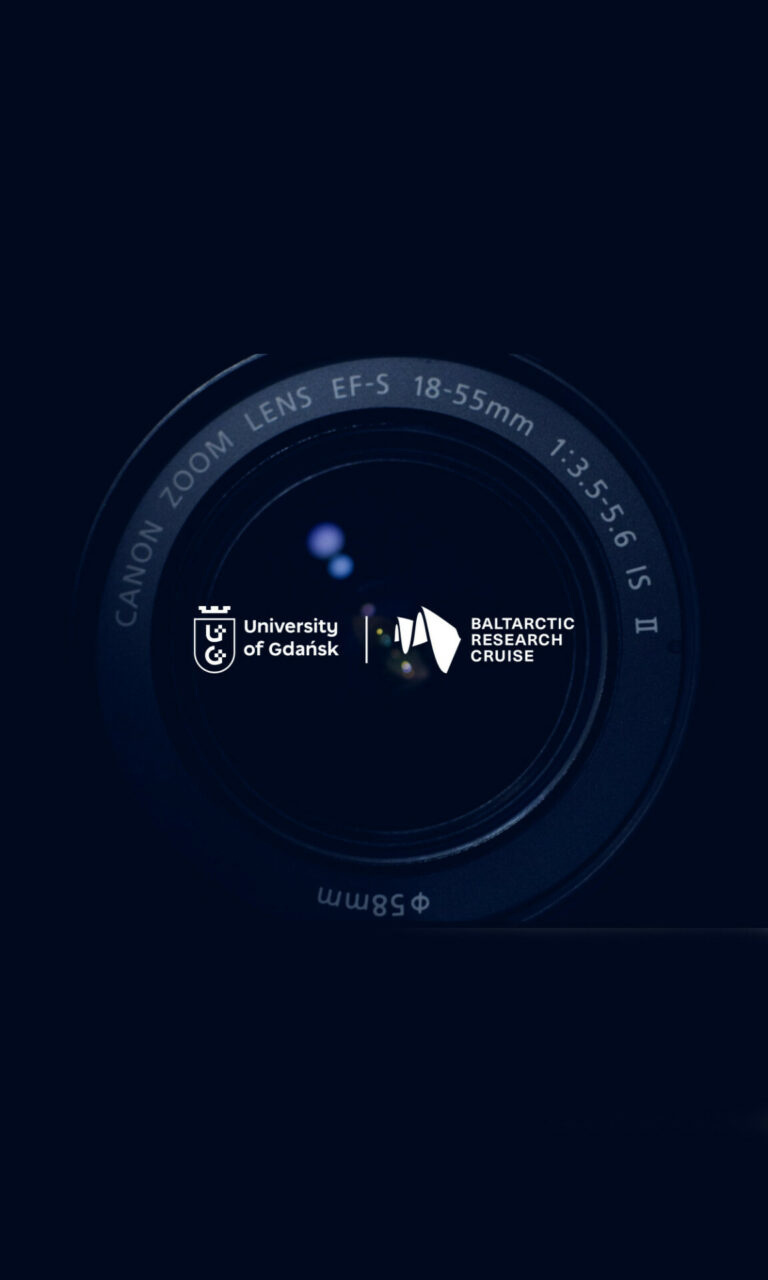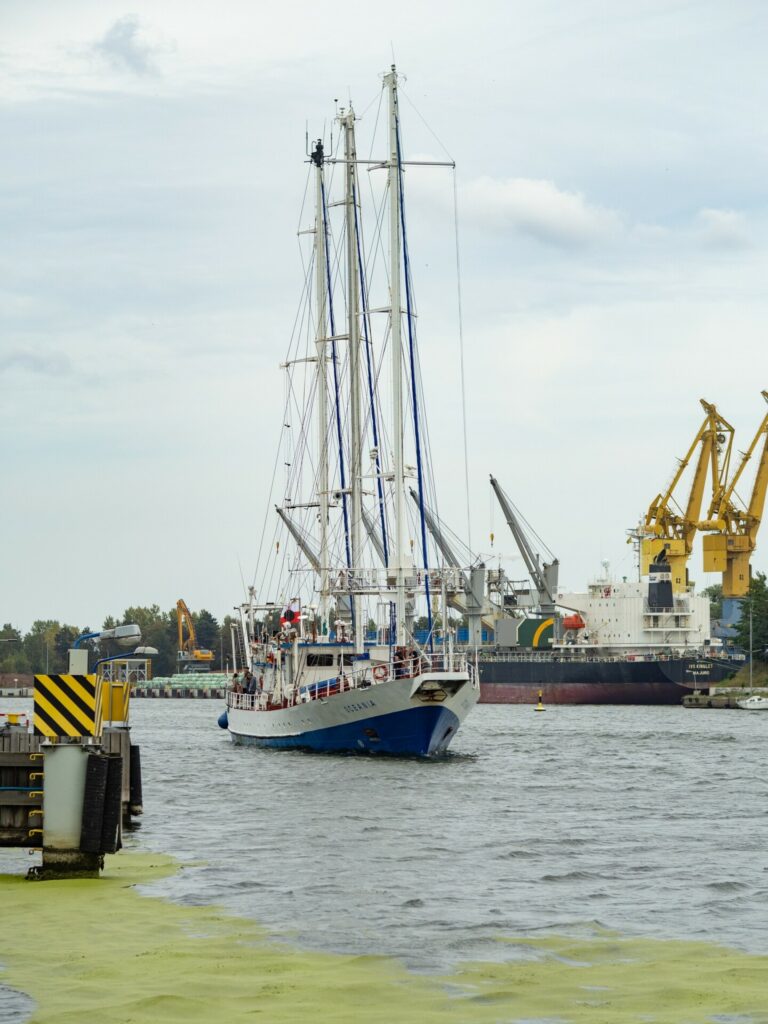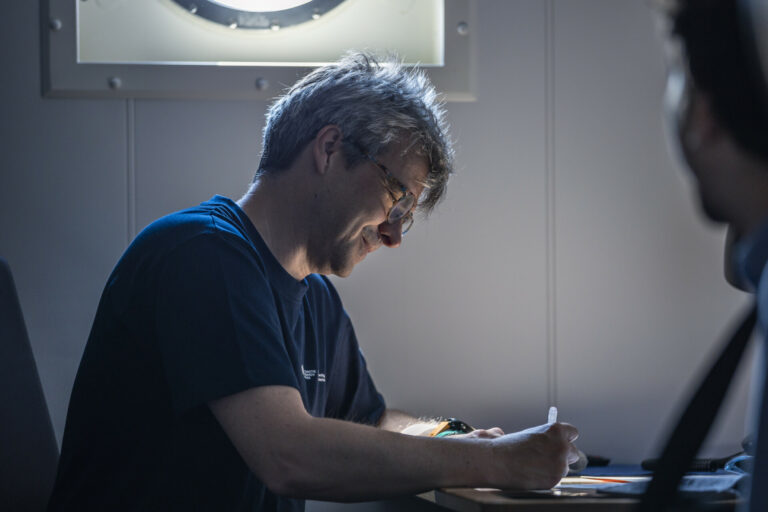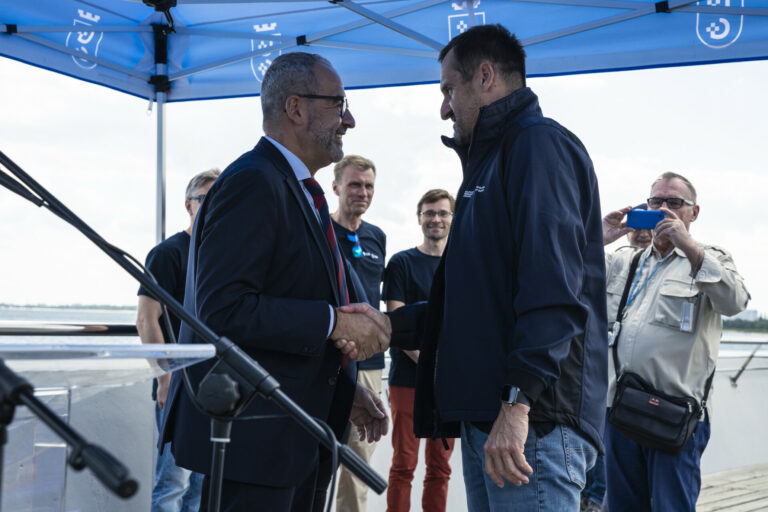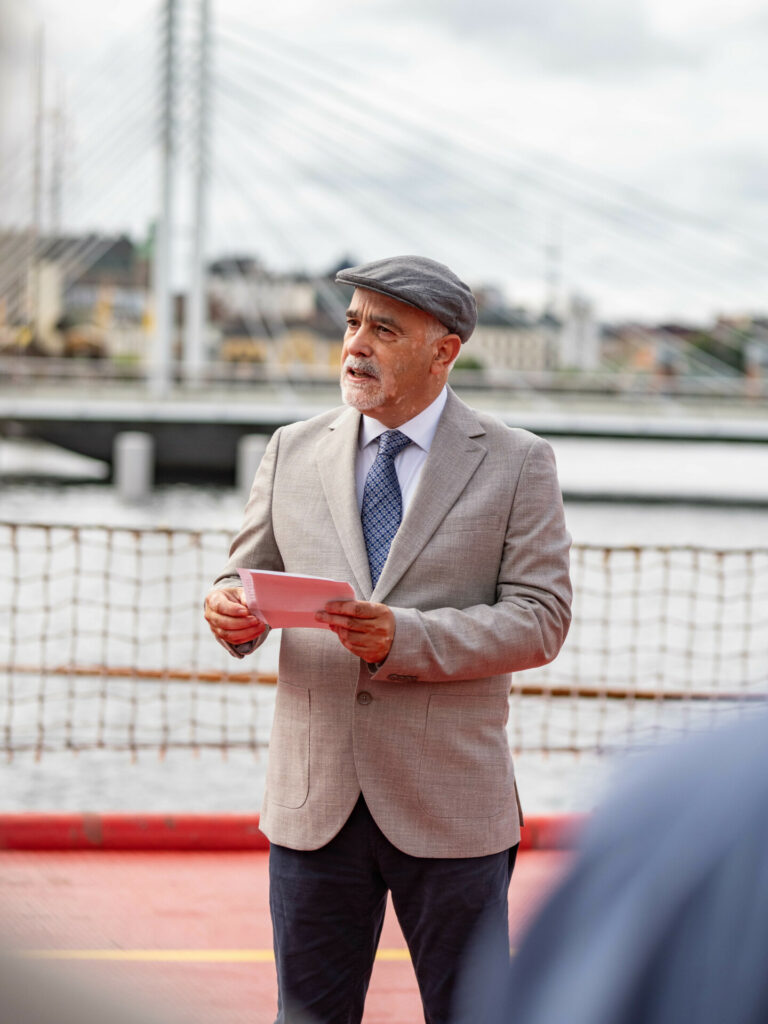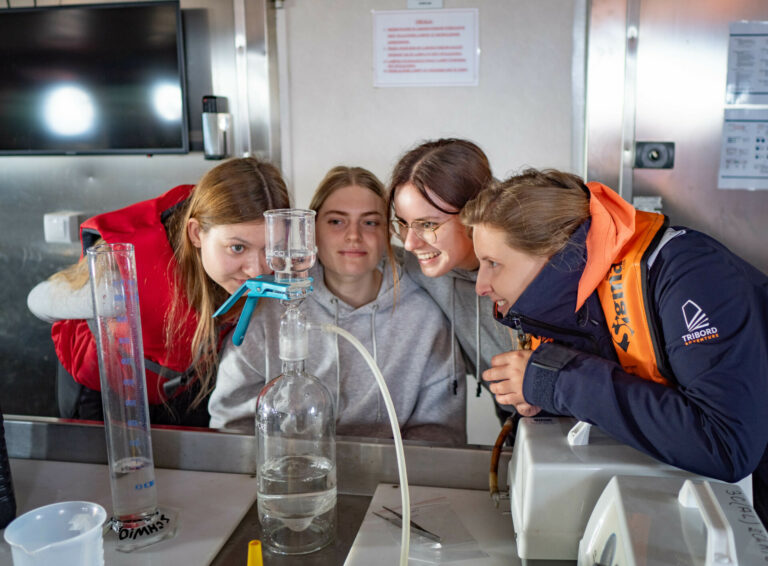Kiel University – International research and exchange for a peaceful, resilient society
Kiel University was inaugurated in 1665. Over the last 350 years, it has grown from regional training academy to the largest university in the region. Via research activities, teaching and knowledge transfer, Kiel University aims to address the great challenges of our time in the fields of health, environmental and cultural change, nutrition and energy, while contributing to a peaceful, prosperous and free society.
At Kiel University we appreciate that to address the challenges facing our society, interdisciplinary collaboration is required, not only within the University but together with stakeholders and partners from across the region. This is reflected in the University’s research profile. The university’s four priority research areas Kiel Life Science, Kiel Marine Science, Kiel Nano, Surface and Interface Science and Societal, and Environmental and Cultural Change combine expertise from several of the University’s eight faculties and benefit from intensive collaboration and exchange across fields.
Situated on the Baltic coast, Kiel University has a strong link and affection for the ocean and our coastline. Well aware of the complexity and fragility of our ocean systems, as well as the importance of the oceans for communities across the globe, the research area Kiel Marine Science, looks to explore the interface between humanity and the sea. Researchers from seven of the university’s eight faculties as well as scientists from other local research organisations such as GEOMAR Helmholtz Centre for Ocean Research together conduct interdisciplinary research in five key areas including biological marine systems, blue bioeconomy, and governance, developing strategies for sustainable use and conservation of ocean systems.
Topics such those concerning our environment and climate need international collaboration too, as only together can we move towards a better future for everyone. Therefore, international collaboration and exchange, such as that fostered by the SEA-EU Alliance, is a central and important theme for Kiel University. Kiel’s membership in the SEA-EU Alliance is important for creating opportunities for exchange, learning and interaction for all members of Kiel University, irrespective of discipline and career stage.
Kiel – a vibrant city on the Baltic coast
Kiel is the capital city of the German state of Schleswig-Holstein and Germany’s northernmost city. The Kiel Fjord stretches right into the heart of the city – opening people’s horizons as well as acting as an important crossroads. With its cruise and ferry terminals, Kiel harbour forms a bridge to Scandinavia and the Baltics. With 32,000 container ships per year, the Kiel Canal – or Nord-Ostsee Kanal – is the busiest artificial waterway in the world.
The 17km long fjord and its beaches provide ideal conditions for water sports and recreation. Kiel’s direct proximity to the Baltic Sea, its sea air and maritime flair as a harbour city make it a great place to be. Every year the city celebrates Kieler Woche, the biggest summer festival in northern Europe and the world’s largest sailing event.
Kiel is home to four universities catering for more than 35,000 students as well as a range of outstanding scientific research institutions – such as the University Medical Center Schleswig-Holstein, the renowned Kiel Institute for the World Economy or the GEOMAR Helmholtz Centre for Ocean Research Kiel, which is one of Europe’s leading marine research institutions.
The Land Capital’s economy spans a wide range of sectors – traditional, maritime and innovative industries here are interconnected to the same degree as are industrial production and modern services. Kiel is also of national significance – as a shipbuilding and naval centre, as well as a home to a range of specialist clinics in the medical sector.

